Nine corals, a handful of molluscs and a mounted turtle skeleton were cleaned, conserved and repaired for Sheffield Museums prior to going on display.
This included a very large and heavy clam, two extremely delicate fan corals and a single specimen consisting of a sponge, articulated bivalve mollusc, corals, worm tubes and bryozoa.
Many of the specimens were extremely dirty and required several different approaches to delicately
removing the dirt, cobwebs, soot and dust and retrieving broken fragments from within the specimens.
Broken fragments of coral needed to be reattached with reversible polymers as did some labels.
Some bases and mounts also required conserving.
Some examples are given below.



This large coral mounted on a wooden base (above) was very dirty and sooty
with cobwebs and some damage that needed attention.
The photos below show the specimen halfway through cleaning - still dirty on the left in each case and clean
on the right.


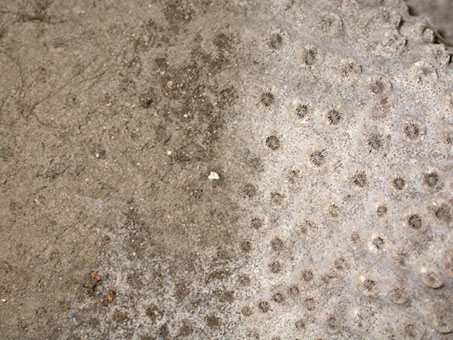
The next four images show a different sort of coral, which needed a deep clean and some repairs.
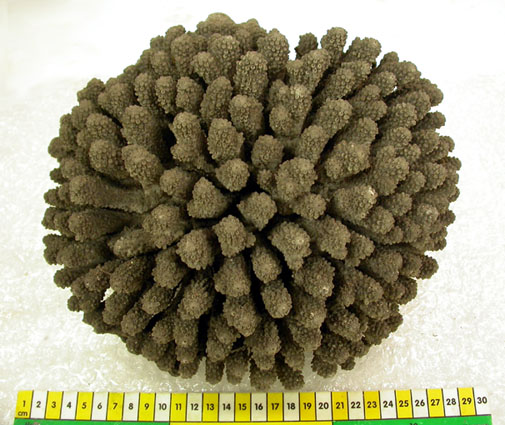
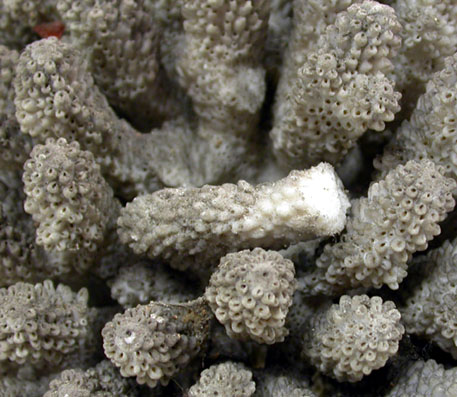

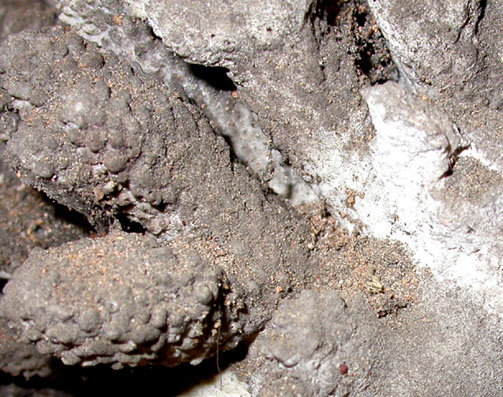
More corals that were cleaned and repaired:
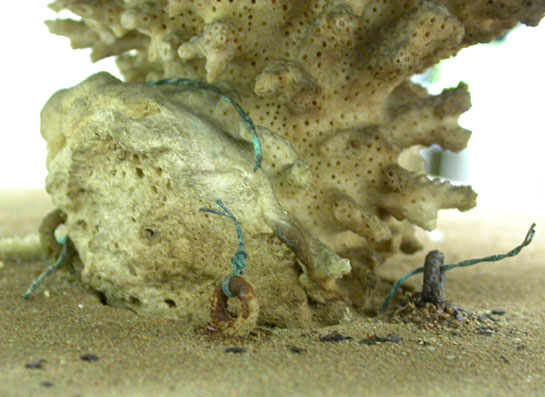
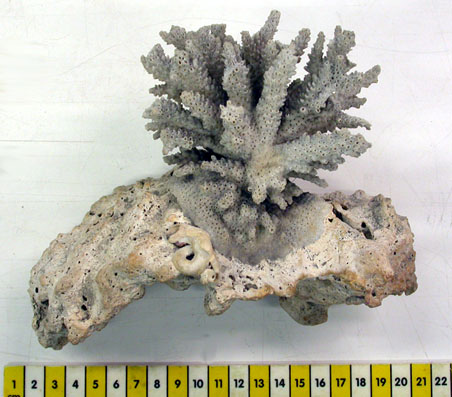
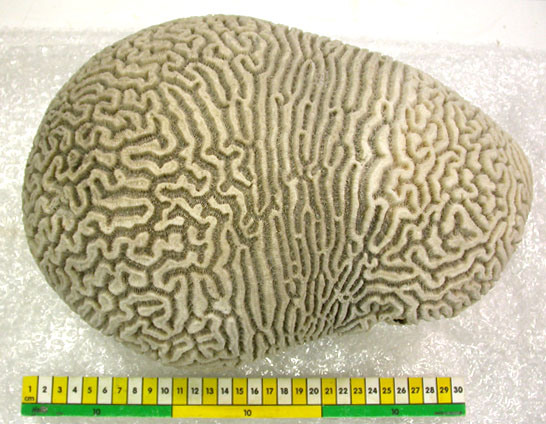
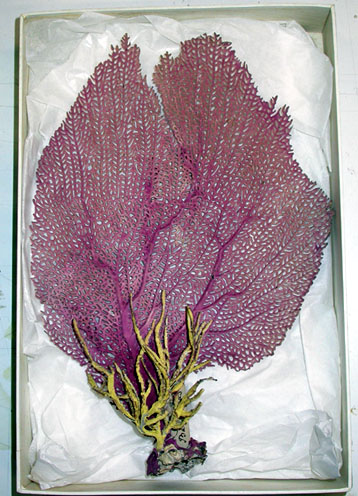
The large clam was filthy: the central image shows the specimen halfway through cleaning.
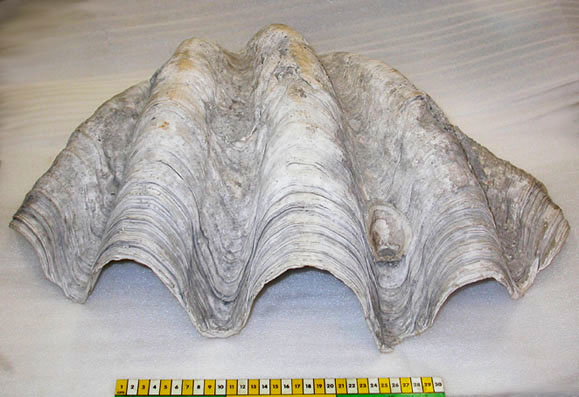
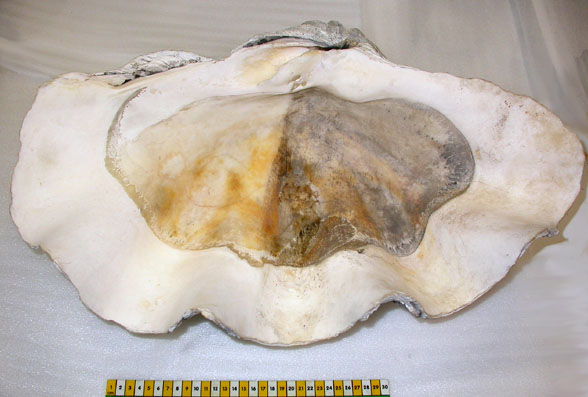
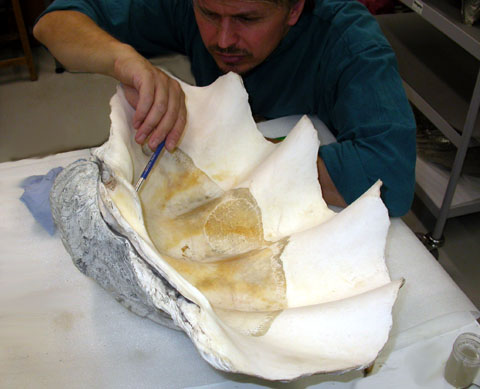
The turtle required bones reattaching (the masking tape is holding the bone in place whilst the glue sets), paint was removed from the carapace and the
base was cleaned and repainted.



For more details about what we can do for you, or for a quote, please contact:
enquiries@natural-history-conservation.com
We are members of the United Kingdom Institute for Conservation of Historic and Artistic Works